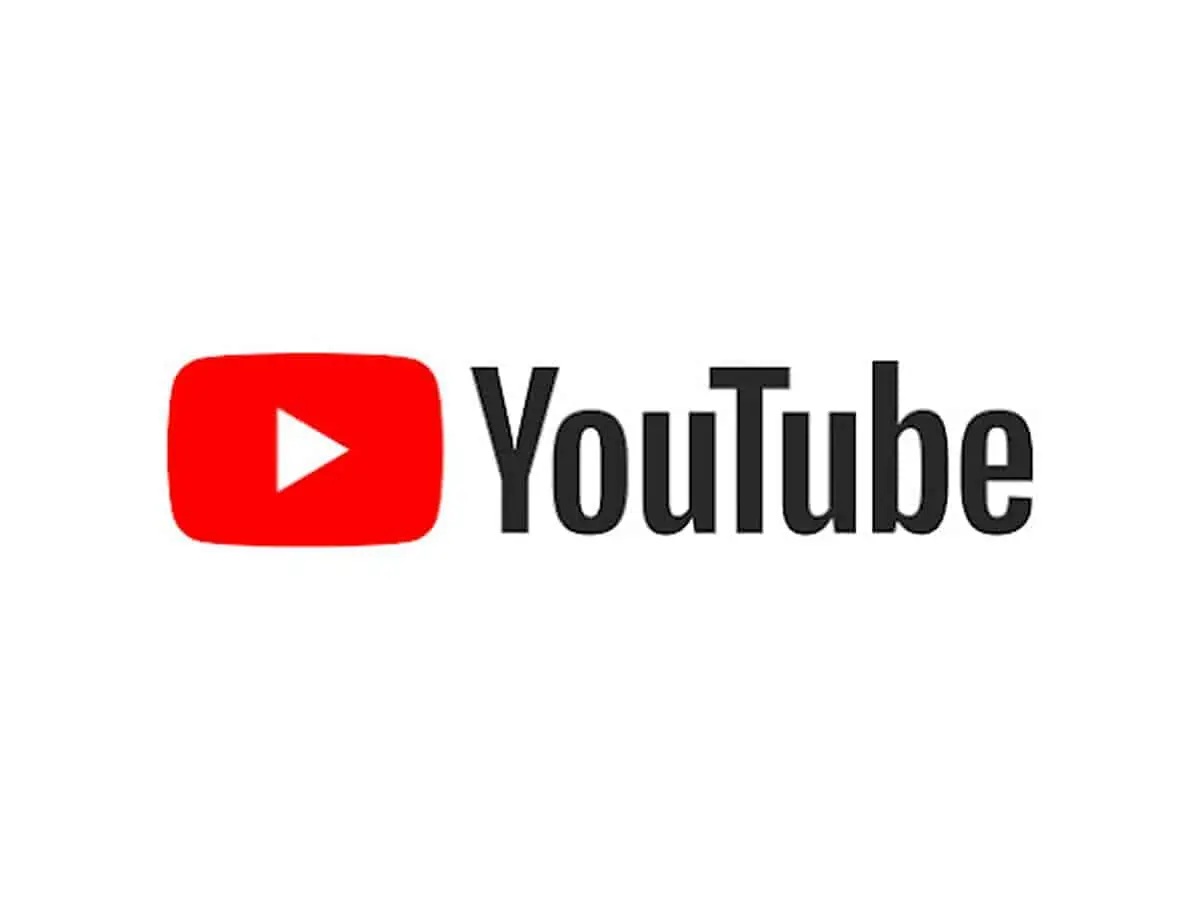In an effort to combat misinformation and promote transparency, YouTube will soon require creators to disclose the use of artificial intelligence (AI) in their videos. This new policy will apply to videos that are “synthetic” or “altered” using AI, and will be rolled out in the coming months.
Key Highlights
- YouTube will require creators to disclose the use of AI in videos that are “synthetic” or “altered” using AI.
- The new policy will apply to both full-length videos and Shorts.
- Creators who fail to disclose the use of AI may face penalties, including removal of their videos or suspension from the YouTube Partner Program.
- YouTube is also creating a new tool that will allow viewers to identify AI-generated content.

YouTube’s Approach to AI Content
YouTube has long been a battleground for misinformation, and the rise of AI-generated content has made it even more difficult for users to discern fact from fiction. In recent years, there have been a number of high-profile cases of AI-generated videos being used to spread false information. For example, in 2018, a video of former US President Barack Obama delivering a fake speech went viral.
YouTube is taking a number of steps to address the issue of AI-generated misinformation. In addition to requiring creators to disclose the use of AI, the company is also developing new tools to help users identify AI-generated content. For example, YouTube is working on a tool that will use machine learning to flag videos that are likely to be AI-generated.
Impact on Creators and Viewers
The new policy is likely to have a significant impact on creators who use AI in their videos. Some creators have expressed concern that the policy will be too restrictive and will stifle creativity. However, YouTube has said that the policy is necessary to protect users from misinformation.
Viewers are also likely to be affected by the new policy. The labels will make it easier for viewers to identify AI-generated content, and this could help to reduce the spread of misinformation. However, some viewers have expressed concern that the labels will make it more difficult to discover new and interesting content.
Overall, YouTube’s new policy is a positive step towards combating misinformation and promoting transparency. However, it is important to note that the policy is still in its early stages, and it is likely to evolve over time.



























